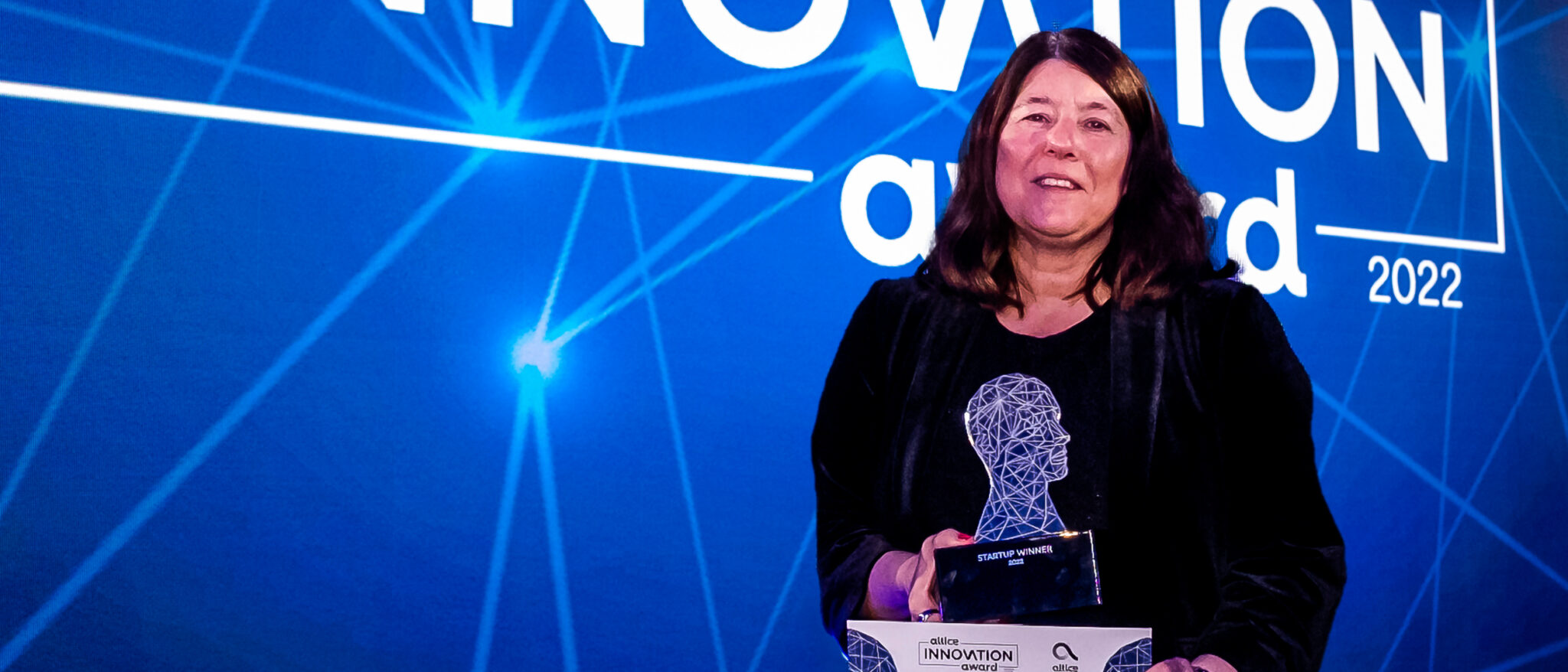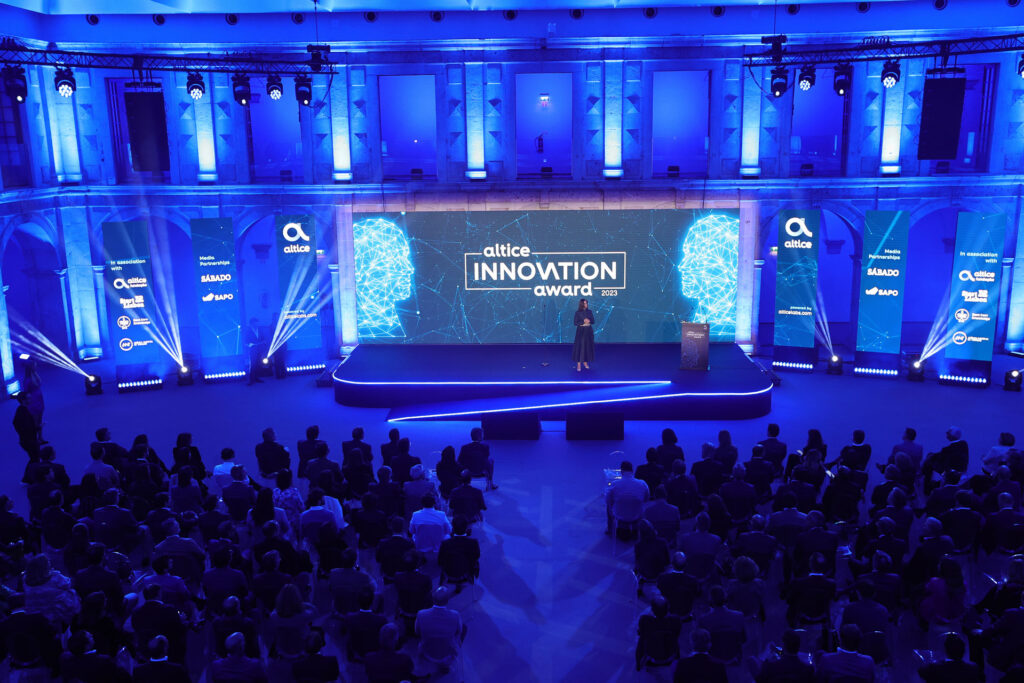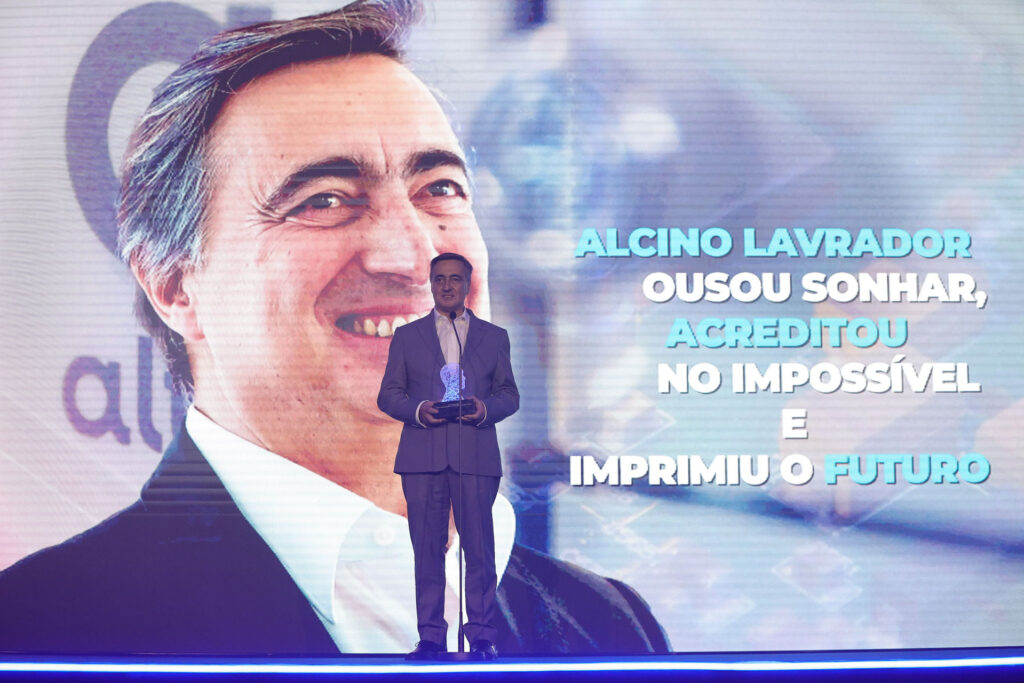Promoting innovation and creativity within organisations requires teams capable of proposing multiple solutions. This is why diversity, equity and inclusion (DEI) are increasingly relevant within bodies wishing to remain competitive in the market. A more inclusive and diverse environment encourages innovation and creativity and enhances performance and productivity. Since you can’t manage what you can’t measure, the Irish startup inclusio developed a cloud platform designed to measure and promote the culture of each organisation. It consists of a data-driven and science-based diversity and inclusion platform which uses an approach based on scientific evidence to measure culture, diversity, equity and inclusion in companies.
This platform was created to help organisations to understand their teams and build work cultures where everyone feels valued, respected and recognised. This is achieved using a combination of technology, behavioural science and artificial intelligence, and enables employees to build a diversity profile in confidentiality. This data allows organisations to value their employees’ diversity and promote more inclusive policies which value and respect differences. We spoke with Sandra Healy, CEO of inclusio, to get a better understanding of what this cloud-based service provides, and to find out how important it was to have won the “Startup” category of last year’s Altice International Innovation Award (AIIA).
What inspired the creation of inclusio? Was there a specific need or gap in the market that you aimed to address?
I (Sandra Healy) spent 20 years in the global telecoms industry where I led on diversity and Inclusion in many companies. While I was studying my Masters in Organizational Psychology, I realized there is a way to use technology, science and AI to address one of the biggest challenges facing global employers today; how to measure diversity and the impact of culture and inclusion efforts and link the metrics to business KPI’s. So, in 2016 I joined Dublin City University as Head of EDI, and I spun the idea for inclusio into the University. One of the biggest challenges I faced at the time was the perception that ‘D&I is a nice to have’ not a business imperative. Thankfully, I managed to convince Enterprise Ireland to back the idea and fund us through the commercialization fund. We secured Enterprise Ireland commercialisation funding, and over four years of research and development, we built, tested, designed, and researched. inclusio spun out of DCU in December 2020.
The service aims to promote inclusivity and diversity. How does the platform accomplish this goal?
We describe inclusio as an ethical AI platform. We set out to bring a scientific evidence-based approach to measuring culture, diversity, equity, and inclusion for employers. We use a scientific five-point Model of Inclusion, the most extensive of its kind. The DEI data is captured using behavioural science ‘Nudge’ and through the voice of people at work, employees share their experiences of the culture at team and organisation level.
Could you explain some of the key features and functionalities of inclusio?
We take companies from having little to no DEI data to having a wealth of data insight in less than a month after implementation. We gather over 100 demographic data points, using over 400 metrics of inclusion and culture in work, presented in the form of analytics dashboard. These insights help leaders understand (1) the rich diversity they have in the organisation and where they have gaps. (2) The Scientific culture framework helps leaders understand the strengths and weaknesses of the culture and where they need to focus their efforts and link actions to business KPI’s. (3) We deliver DEI learning to shift the culture using behavioural science Nudge.
How does inclusio engage and empower its users to contribute to the promotion of inclusivity?
We set out to build software that people love to use and it looks and feels like software you’d use in your everyday life. It’s simple. It’s engaging. It’s 3 -5mins a day, and it’s based on behavioral science nudge. So people get to build their diversity profile in a confidential way and share their experience of what it’s like working within their teams and their connection to the organisation. They also engage in nudge DEI learning, using articles and videos to help them understand what it’s like for people who are different from themselves.
Inclusio operates in a competitive market with various other apps and platforms focusing on diversity and inclusivity. What sets inclusio apart from its competitors?
Inclusio’s software helps employees as it gives them a voice in work with their answers remaining confidential and employers as it gives them a way to both measure diversity and inclusion and act on the feedback received from employees to improve the workplace. We describe what we do as bringing a scientific, evidenced based approach to measuring, tracking and taking action on culture, diversity and inclusion at work. So far, the data collected has revealed a few interesting facts. For example, consistently seven per cent of workforces are made up of LGBT+ people and inclusio hasn’t yet had an organization with reports of less than 12 per cent neurodivergent people.
What are your future plans and goals for inclusio? Are there any new features or initiatives in the pipeline?
Inclusio will be the Global Standard for Diversity and inclusion at work. Our ambition to is to help every workplace in the world be a place where people can be who they are, by levelling the playing field for all employees, ensuring they have a voice at work. We aim to contribute and inform the EU Digital Strategy; will help shape Europe’s Digital Future by ensuring artificial Intelligence is developed in ways that respect people’s rights and earn their trust. Through academic collaborations, we will advance the field of organisational psychology and culture research and publications globally. We will empower and support global enterprises and SME’s to adopt good diversity and inclusion practices at work.
What challenges have you faced in running and growing inclusio, and how have you overcome them?
I think spinning out into Covid (in December 2020 from DCU) and having to raise investment was a big challenge. So, we bootstrapped the business for 10 months, while we raised capital, which was quite challenging, as we couldn’t physically meet people, so we had to raise our pre-seed round online.
How do you measure the impact and effectiveness of Inclusio in promoting diversity and inclusion?
We work with our clients to link inclusio data insights to business outcomes. We help organisations reduce turnover, increase productivity, increase levels of belonging and wellbeing. We help leaders build sustainable and inclusive companies where people want to work and demonstrate this through scientific framework and chart their progress through sector benchmarking.
How does inclusio prioritize data privacy and security for its users?
We have the best practices in GDPR and Data Privacy built into the platform. The confidentiality of employees is our top priority. Through the Ethical AI engine, we aggregate the data to ensure no individual is identifiable in any way.
Inclusio has a global user base. Are there any plans to expand its reach to new regions or countries?
The markets we’re focused on now are Ireland, UK, and Canada, and over the next 12 months we will launch into other regions. We will internationalise the platform so that it’s translated and localised for different markets and different languages.
What role do you see inclusio playing in the future of fostering inclusivity and diversity?
At inclusio, we strive to improve the world by bringing science-based diversity, equity, and inclusion data to our customers. At inclusio, our mission is to help leaders transform culture from the inside out. We are a social impact business, we combine technology, science, and AI to set new standards across the globe, based on the voices of people in work.
We were surprised and delighted to be recognized for our work and to win such a competitive and prestigious award as the AIIA.
Sandra Healy, CEO, inclusio
How did you decide to compete for the Altice Innovation Award Startup award?
It was brought to our attention by Enterprise Ireland, and we knew it was very competitive, however, we liked the transparent selection process and thought it would be good to pitch inclusio and our impact, specifically around neurodiversity, disability, and experience with accommodation in the workplace.
What is the importance of inclusio being recognized with this award?
We were surprised and delighted to be recognized for our work and to win such a competitive and prestigious award.
What visibility did the award bring to inclusio?
Altice is a global organisation and we are actively working with the local teams to pilot and forge alliances.
What are the reasons why startups and entrepreneurs should apply for the Startup Altice International Innovation Award?
Is a prestigious award, and it was great recognition for the work that inclusio does around building equitable workplaces for all.
What advice would you give to the competitors?
Be you to be different – Stand out with your unique personality and company story. Showcase what your company does with the passion and pride of your people to demonstrate what you’ve achieved and most importantly the value you bring to your customers.












